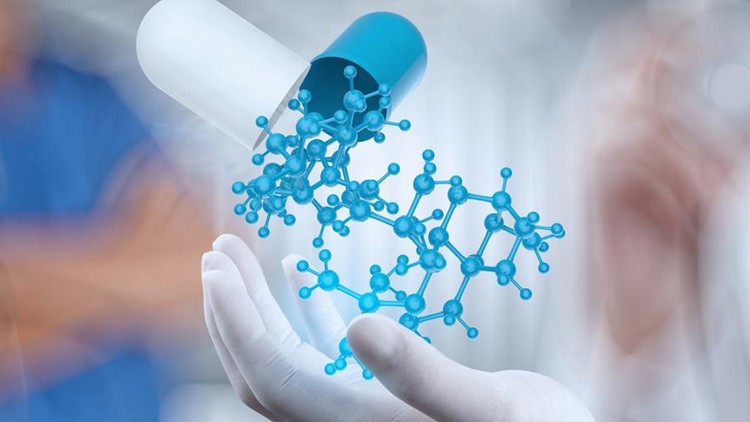An Unparalleled Service in Patient Care with Pharmacy
Interestingly, the traditional roles in pharmacy are now fast evolving due to the increasingly challenging healthcare environment. The ongoing pandemic has clearly carved out the central position of the pharmacist in the patient treatment system.
Prior to the pandemic, the drug dispensing mechanism was operating competently, but the onset of Covid-19 disordered the entire scenario by mandating the demand for physical distancing and touch-free hygiene. What deserves a loud applause and acknowledgement is that the pharmacists continue to work on the frontline every day, rendering essential health care services throughout this crisis.
Besides, in the early days, when vaccines were still far away, the treatment of Covid-19 cases included the presently available medications. It led to an imbalance in the demand-supply of the existing medicines, but it kept the pharmacists in the forefront to assure the supply amidst the chaos.
Pharmacists also performed a significant role in numerous peripheral fields, such as patient counselling. They were the heroes in a true sense and did not disregard any non-Covid patients during the pandemic.
The production provisions and Covid SOPs for every pharmaceutical group ensured that there was no influence on the quality of the products, including the warranting of all the workers as well as employees’ safety. Health check-ups were carried out routinely, and sanitisation kits were granted to all the workers.
During such times, e-pharmacies also perceived an opportunity to amplify their importance. The lockdown enabled them to play a vital role in the healthcare mechanism by rendering 24×7 access to medication and other pharmaceutical necessities.
Pharmacy & Patient Care
As mentioned above, pharmacy today has become one of the most indispensable industries delivering health services.
Pharmacists, as health professionals, have the most comprehensive knowledge of drugs and how they function. A pharmacist’s job is not solely to make the drugs prescribed by any health professional. It also entails delivering optimal pharmaceutical care by evaluating the appropriateness of the medication for a specific patient, taking into record their medical history, potential side effects and interactions with other drugs that are being used.
Not only this, but regional pharmacists also undertake health promotions within the community, such as giving education sessions on particular health and disease prevention measures.
Like several other health services, pharmacy is also evolving and adapting to the latest health delivery techniques. Pharmacists are creating health care teams through consultations with health professionals, such as counsellors, physiotherapists and optometrists. They observe a patient’s health holistically, and medical queries are addressed from the perspective of the patient’s life history and environment.
The Future Ahead in Pharmacy
One of the most exciting changes in pharmacy has been drifting away from manufacturing the actual medications to more of a clinical role.
With this transformation, there has been a more prominent emphasis on understanding and learning disease procedures and how these can be solved with lifestyle changes and drug therapy. As an example, the role of consultant pharmacists has evolved, where they are now engaged to evaluate a patient’s medication profile more formally. The pharmacist highlights treatments that can be modified to optimise medication effectiveness and subdue side effects.
As far as the market size of the pharma industry is concerned, the domestic market is anticipated to grow 3x by the next decade. Consequently, India’s pharmaceutical market is likely to reach ~US$ 120-130 billion by 2030.
It looks prominent that professionals in this industry have an extensive scope in making exemplary contributions in the hospital and the community under various settings and environments- in the coming future.
NSHM’s Futuristic Education in Pharmacy
NSHM Knowledge Campus offers some of the best pharmacy programmes – Bachelor of Pharmacy, Master of Pharmacy – Pharmacology & Master of Pharmacy – Pharmaceutics.
NSHM being one of the most prominent pharma colleges in Kolkata delivers the critical task of reconstructing scientific knowledge to technical skills through world-class laboratory facilities and industrial training.
Students here are instructed by profoundly qualified faculty members and have access to laboratories created to match the available facilities at pharmaceutical sciences, and analytical testing laboratories of GMP certified pharmaceutical organisations and research institutes. Notably, there are separate laboratories for UG & PG students housed on the campus.
The Bottom Line
Given the astonishingly distinct nature of the role and the vast amount of continuing education involved, the pharmacy should enrich whoever embarks upon it.
Because isn’t it delightful to see a patient come back and acknowledge how you made a difference to their health?







